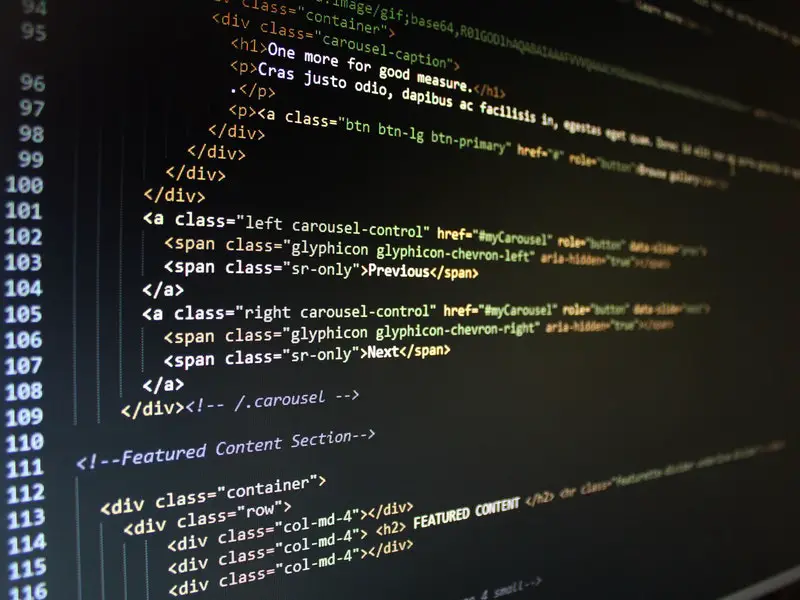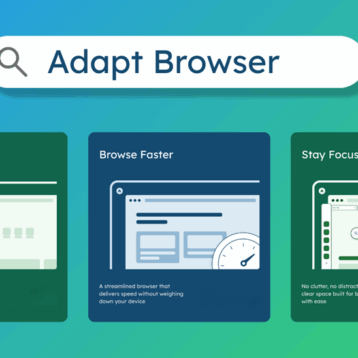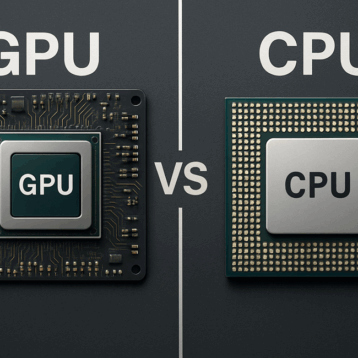
Everywhere you look in technology today, you find buzz about the promise of emergent technologies such as machine learning (ML) and artificial intelligence (AI). From curating the content that we watch on streaming services to finding ways to improve intense logistical processes, ML- and AI-based technologies already impact our lives in many ways. Increasingly, these tools are making their way into the office.
Could AI be a business’ best asset for training new employees? As many companies identify skill gaps and struggle to bring in qualified new hires, training can easily become a bottleneck with negative effects that ripple throughout the office. With technology continuing to mature, AI is poised to offer employers a breakthrough.
Businesses Already Have an Interest in AI
Traditionally, integrating new technologies into a business has been a difficult task, often made more challenging by resistance from management or employees. However, according to a 2018 study by Oracle, nearly one-third of HR respondents believe that AI can have a positive impact on training. Employee trust is also at a high level: More than 90% of surveyed employees say that they would follow directions provided by a computer system. With these numbers in mind, the stage is set for an AI revolution in employee training.
AI Could Create Adaptive Training Pathways
One of the most exciting applications is using AI as the guiding force in a training program. Although HR departments would still prepare the initial materials, new employees could undertake computer-based training to develop the skills necessary for success.
Within such a training program, an AI system could use a variety of metrics to observe the way that a user responds to different materials and learning exercises. It would then adjust the course to provide additional training in weaker areas while reinforcing areas of strength.
This AI could theoretically learn from each new trainee’s behavior, adapting the course over time to present material more efficiently and effectively. For example, if several users struggle with a particular advanced element, the AI might introduce additional material or provide additional test exercises for practice. The AI-powered applications that use these elements are already in use in education.
Building AI Into The Office For Easier Onboarding

The presence of AI in the workplace could have additional benefits for new hires. By building daily procedures from AI-powered software solutions, workplaces can reduce or eliminate common errors, bottlenecks, and training difficulties.
With smarter systems, such as PDF software that makes it easier to capture data and pass that information between critical business systems, it could take new employees a fraction of the time to begin feeling confident in their daily work.
Could Chatbots Help Training?
Retaining an interactive element in training can help employers to encourage employees to develop greater confidence while providing the workplace system with valuable information on learning outcomes. The AI-powered chatbots are already common in many business cases, often for customer-facing applications. These bots could see their functionality expand into employee training soon.
By providing an employee with a human-resembling interactive element for asking questions and receiving feedback, employers can improve the value and effectiveness of the workplace.
Challenges Remain for AI Training
Artificial intelligence is poised to rapidly transform business training. With the potential to quickly and effectively teach both simple and complex skills, AI will help companies to close the skill gap and make greater strides toward their long-term goals.
For all the promise offered by AI for training and employment, challenges remain. While companies are eager to turn the training process over to such programs, humans still design these systems. As a result, there’s always a risk of bias and other human issues negatively impacting outcomes. Building fair, neutral, and effective AI systems will be one of the biggest challenges for developers in the future.










